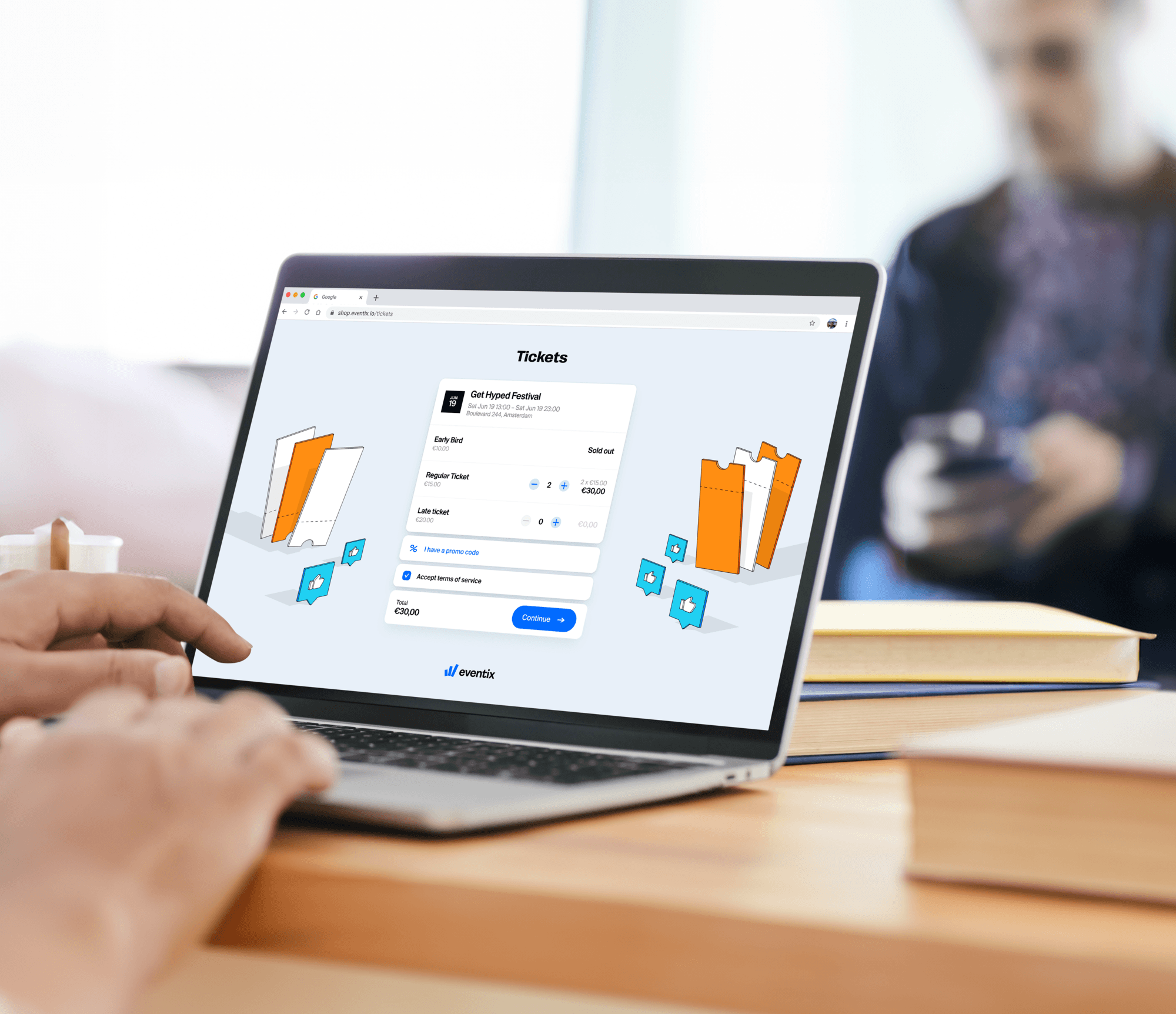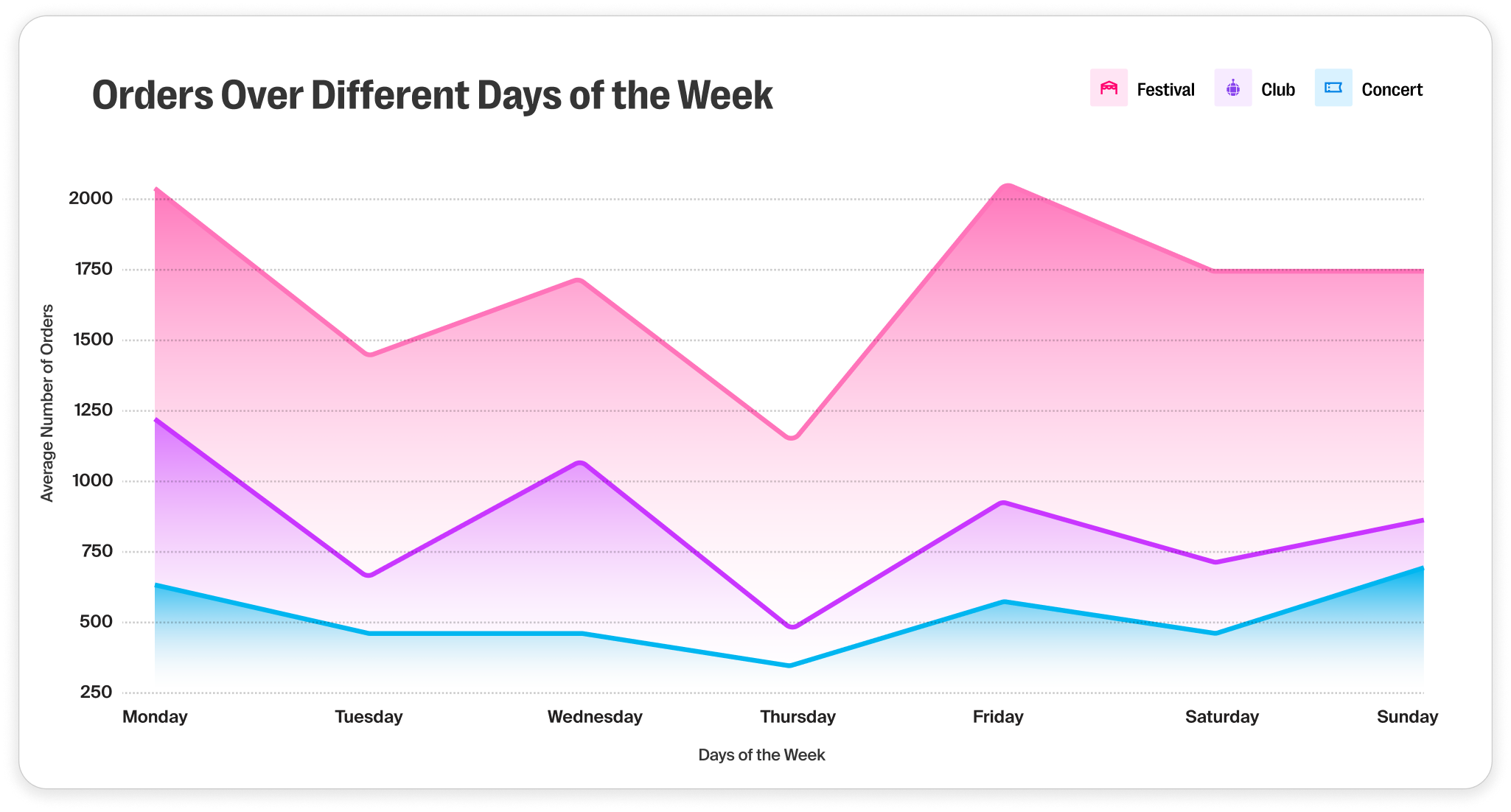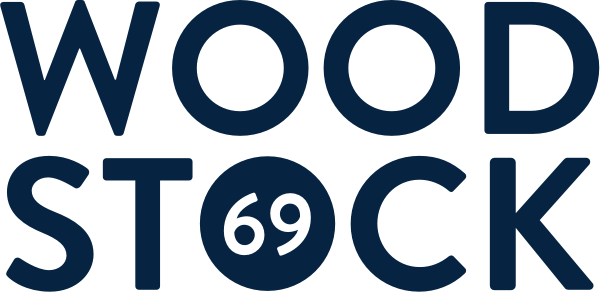Different sales strategies
Early/Regular/Late strategy
This three-tier approach releases all tickets simultaneously at different price points. After a certain period of time, each tier is set to SOLD OUT, thereby increasing the sense of urgency as time passes:
Early Bird: Targets loyal fans with discounted tickets before announcing the official lineup.
Regular Bird: Begins after the lineup announcement, capitalising on the newly interested broader audience.
Late Bird: Offers remaining tickets at a higher price to last-minute buyers, leveraging urgency.
Why choose this strategy?
Choose this strategy if you want to reward early supporters, generate early revenue, and cater to different purchasing behaviours. It's ideal for events with a dedicated fan base, allowing you to manage cash flow and build anticipation in stages.
Ticket release phasing strategy
Not all tickets are released at once, which is the case with the early/regular/late strategy, but in this strategy tickets are sold in phases leading up to the event:
Announcement Phase: Generates initial excitement.
Early Phase: Offers limited discounted tickets.
General Sale: Opens to the public with regular pricing.
Lineup Release: Boosts sales with lineup announcements.
Final Phase: Captures last-minute sales with higher prices.
Why choose this strategy?
Opt for this strategy to maintain steady interest and excitement over a longer period, by making tickets scarce. It helps in managing demand, gathering valuable data, and allows flexibility in adjusting marketing tactics based on sales performance. This approach is suitable for events that need to build momentum gradually and target different audience segments at each stage.
All-year-round strategy
Continuous ticket sales throughout the year, with strategic pauses and relaunches aligned with key marketing moments, ensure steady revenue and sustained engagement. This strategy leverages special occasions, personalised offers, and continuous communication to maintain audience interest. Therefore this is a combination of the Ticket Release Phasing strategy and Early/Regular/Late strategy, with the key difference being that the ticket sales are all-year round.
Why choose this strategy?
Choose this strategy for large, recurring events where maintaining a continuous dialogue with your audience is crucial. It helps in creating a constant revenue stream, keeping your brand top-of-mind, and building a loyal community. This approach is perfect for events that aim to sustain long-term engagement and capitalise on various promotional opportunities throughout the year.
Open/Close strategy
Ticket sales open for a limited time, close, and then reopen later. This creates urgency and excitement but requires careful timing and effective promotion to avoid alienating potential attendees.
Why choose this strategy?
This strategy is ideal for events that thrive on exclusivity and urgency. It works well when you want to create multiple peaks of interest and buzz around your event. It's particularly effective for high-demand events where scarcity can drive quicker purchasing decisions. However, it requires precise execution and strong marketing to avoid potential attendee frustration.



